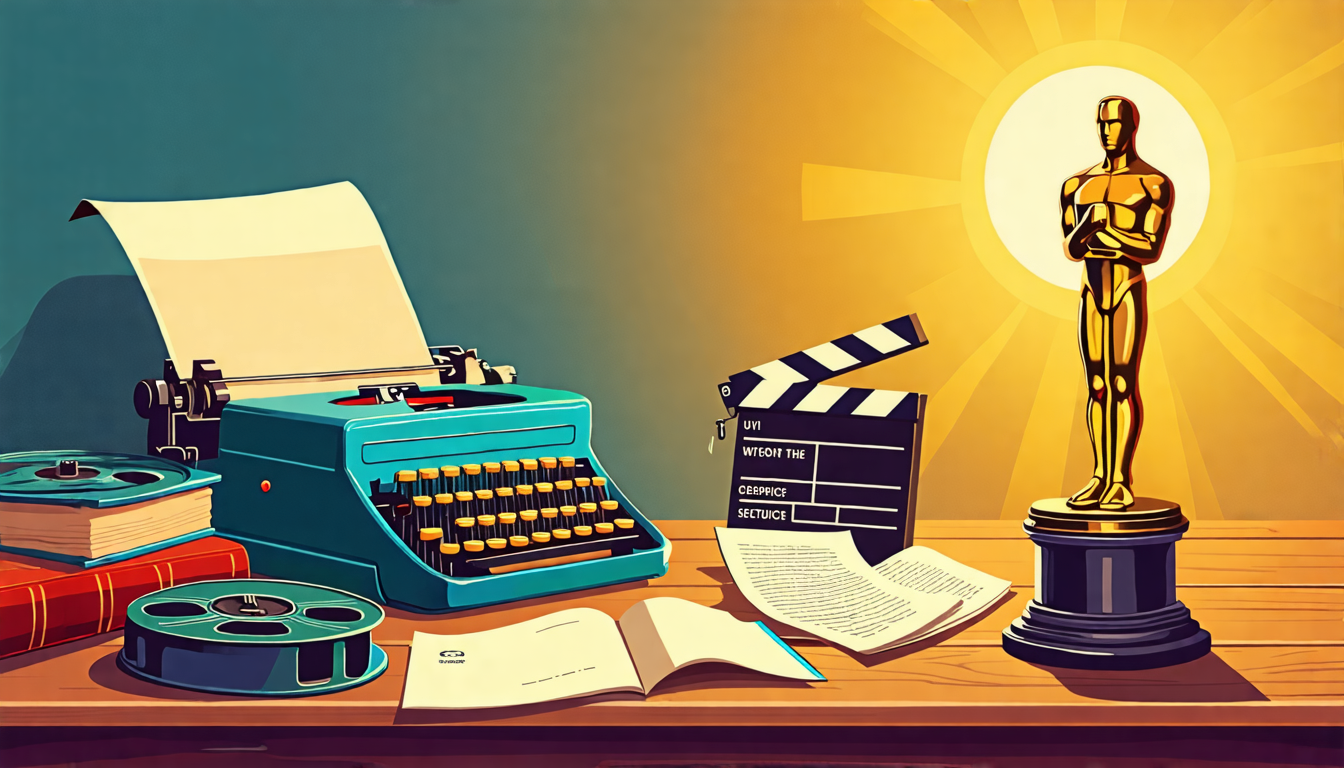
Unleash Your Inner Sorkin: Top Books Every Screenwriter Must Read
So, you fancy yourself the next Tarantino or maybe Nora Ephron sprinkled with a touch of Coen Brothers’ mischief? Well, buckle up, champ, because the path to screenwriting stardom is paved with the dog-eared pages of wisdom you’ll need to devour first. Here are the quintessential tomes that will ensure your screenwriting journey is less “oh no” and more “bravo.”
1. “Save The Cat! The Last Book on Screenwriting You’ll Ever Need” by Blake Snyder
Don’t let the title fool you into complacency; the screenwriting world is fierce. Blake Snyder offers his no-nonsense, cut-the-fluff approach with Save the Cat!, which has gained a cult following for good reason. Known for its easy-to-digest, approachable guide packed with actionable advice, it’s like having a screenwriting guru whispering in your ear, except less creepy. Snyder’s buzzword? Structure, structure, structure! And something about cats – which, let’s be honest, the Internet loves.
2. “Story: Substance, Structure, Style, and the Principles of Screenwriting” by Robert McKee
Robert McKee is somewhat of a screenwriting Yoda, minus the swampy domicile and peculiar syntax. Story dives deep into the nitty-gritty of what makes a compelling narrative. It’s like a treasure map to the holy grail of Oscar-worthy scripts but sans Nicholas Cage running around in the background. McKee’s intensive look at crafting plot, character arcs, and dialogue is pivotal for those who prefer a robust lecture on the art and soul of screenwriting.
3. “Screenplay: The Foundations of Screenwriting” by Syd Field
A classic staple in every screenwriter’s library, Syd Field’s Screenplay ditches the fluff in favor of cold, hard screenwriting truths. This book is practically a rite of passage for filmmakers who firmly believe that a solid structural foundation can result in a skyscraper-tall story. Field breaks down the three-act-structure like a chemist explaining the table of elements. Only, it’s much more thrilling and less about helium and more about heroes.
4. “The Writers Journey: Mythic Structure for Writers” by Christopher Vogler
While other authors will school you on the dos and don’ts, Christopher Vogler invites you to a grand exploration of the mythical and archetypal events in storytelling. Drawing extensively from the hero’s journey architype made famous by Joseph Campbell, this book is an excellent resource for those who want their protagonist to save galaxies, break curses, or maybe just overcome the mystery of the missing socks. It’s like a GPS for character development, ensuring you never wander off into the dismal swamps of clichéd narratives.
5. “Adventures in the Screen Trade: A Personal View of Hollywood and Screenwriting” by William Goldman
Ever wondered what the screenwriting journey feels like, beyond the glitz and glamor? William Goldman, bless his forthright soul, paints a not-so-rosy picture of the everyday struggles and victories of a screenwriter in Adventures in the Screen Trade. They say truth is stranger than fiction, and Goldman proves it, sharing insights and anecdotes that are as educational as they are entertaining. It’s a no-holds-barred, behind-the-scenes pass to the circus that is Hollywood.
Final Act
Armed with these books, your journey through the wilds of screenwriting should be a tad less daunting. Whether you’re decoding the mythic structure of a blockbuster hit or learning why your protagonist should, in fact, always save the cat, these reads offer the tools you need to transform those blank pages into the next big screenplay. So, grab a coffee—or a kale smoothie, you health nut—and start turning those pages. The script won’t write itself, after all. Well, not until AI advances a little further.






